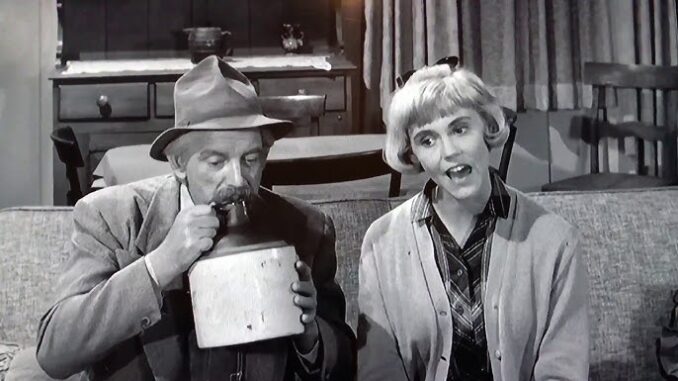
The modern world, a dizzying centrifuge of information and anxiety, often leaves us yearning for an anchor, a place of stillness and clarity. In this relentless churn, our collective gaze frequently drifts towards the past, not with a desire for literal regression, but for the rediscovery of fundamental truths. Two seemingly disparate cultural touchstones, the fictional idyll of Mayberry from "The Andy Griffith Show" and the timeless, melancholic strains of the folk song "Shady Grove," serve as twin beacons, guiding us back to the roots of what it means to be human, to belong, and to feel.
"Back to the Roots with Andy Griffith" is less about historical accuracy and more about a cherished myth. Mayberry, North Carolina, a sun-drenched hamlet where the biggest crisis was often a misplaced fishing pole or a minor misunderstanding, became America’s collective grandfather clock, ticking away a simpler time. Here, Sheriff Andy Taylor, with his quiet wisdom and knowing smile, wasn't just a lawman but a moral compass. He solved problems not with force, but with understanding, humor, and a deep-seated belief in the inherent good of people. His interactions with the earnest, bumbling Deputy Barney Fife, the innocent Opie, and the quirky townsfolk like Floyd the barber and Aunt Bee, painted a picture of community as it ideally should be: interconnected, forgiving, and fundamentally decent.
The roots Mayberry exposes are social and ethical. It speaks to a yearning for community where everyone knows your name, where a porch swing offers solace, and where justice is tempered with mercy. It’s a place where children still learn life lessons from their elders, where technology is secondary to human connection, and where problems, no matter how convoluted, can often be untangled over a glass of lemonade on a front porch. This idealized vision, while perhaps never fully realized, provides a comforting template for living – a reminder that true wealth lies in relationships, integrity, and the shared rhythms of a small, supportive world. To go "back to the roots" with Andy Griffith is to remember the values of patience, empathy, and the quiet heroism of everyday life.
But then, plucked from the same cultural loam, emerges the stark, haunting melody of "Shady Grove," a different kind of root, one that delves into the raw, unvarnished soil of human emotion. This traditional Appalachian folk song, often performed with just a banjo or a fiddle, has no sheriff to dispense wisdom, no bustling main street. Its world is one of stark beauty, of mountains and valleys, and of the heart’s deepest longings. The lyrics are simple, almost primal: "Shady Grove, my little love, Shady Grove I know," or the plaintive, "Wish I'd never been born… or died when I was young." It speaks of love found and lost, of longing, of a profound connection to a particular place and person.
"Shady Grove" embodies the roots of American folk music – unpretentious, direct, and born of experience. It’s the sound of hands calloused by labor, of voices shaped by wind and weather, singing of universal feelings that transcend time and place. It lacks the polish of pop, the complexity of classical; its beauty lies in its unadorned honesty. Listening to its lonesome twang is to connect with generations of common people who found solace, expression, and even a form of spiritual release in song. It’s a reminder that before sophisticated recording studios and mass media, music was often a direct utterance from soul to soul, a communal cry of joy or sorrow. This song, in its raw beauty, taps into the emotional bedrock of human experience: the ache of separation, the bittersweetness of memory, the simple yet profound power of love.
The intersection of Mayberry and "Shady Grove" lies in their shared celebration of authenticity and their gentle rebuke of modern superficiality. Both invite us to shed the layers of complexity and return to what is essential. Mayberry offers a social blueprint, a vision of how community can function when guided by moral principle and compassion. "Shady Grove," on the other hand, provides an emotional and musical conduit, reminding us of the enduring power of fundamental human feelings and the simple beauty of a tune born from the heartland.
In a world that constantly pushes us forward, both Andy Griffith and "Shady Grove" offer a vital counter-pull, drawing us back to the wellsprings of our collective heritage. They are not merely nostalgic artifacts; they are enduring lessons. Mayberry teaches us how to live together; "Shady Grove" teaches us how to feel, how to express the inexpressible. Together, they form a robust cultural root system, anchoring us to values of community, integrity, raw emotion, and unvarnished truth, providing comfort and clarity in our never-ending search for what truly matters. To return to these roots is to return to a more centered, more human version of ourselves.